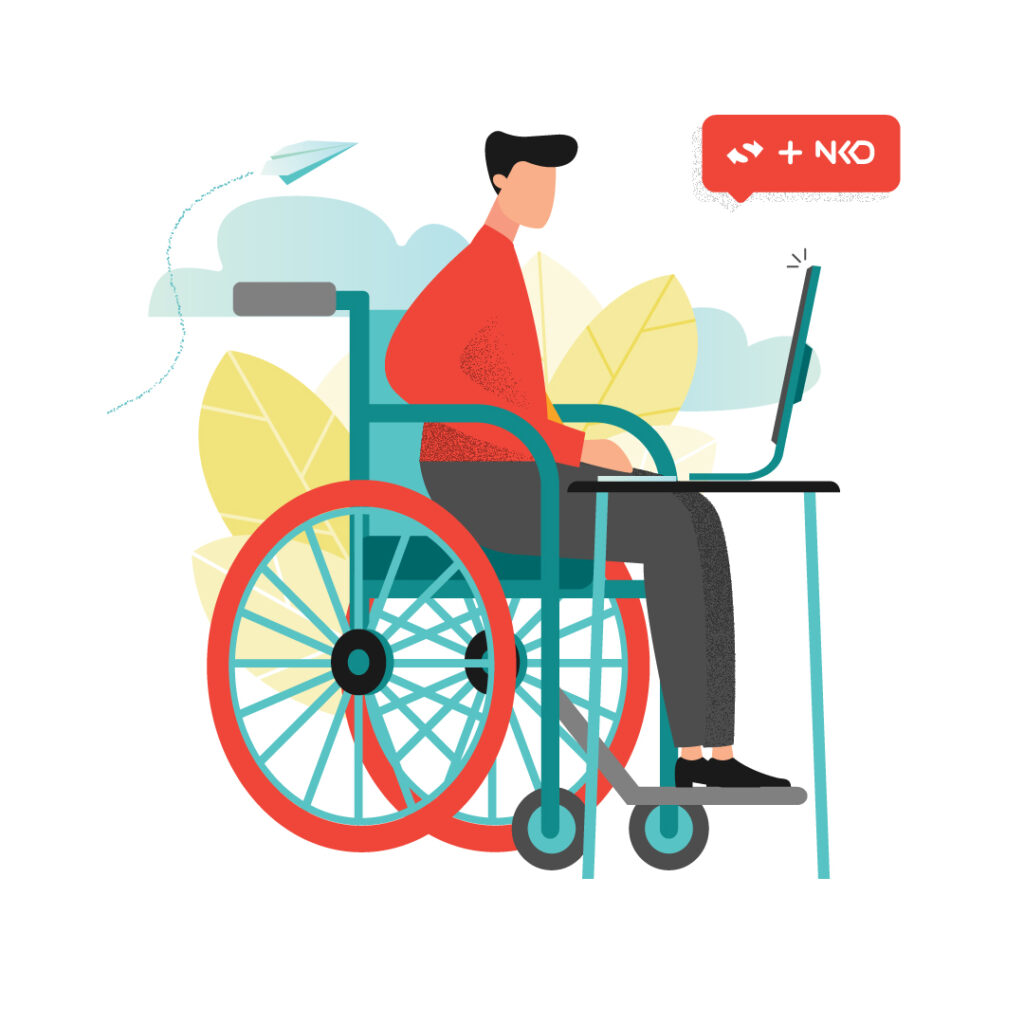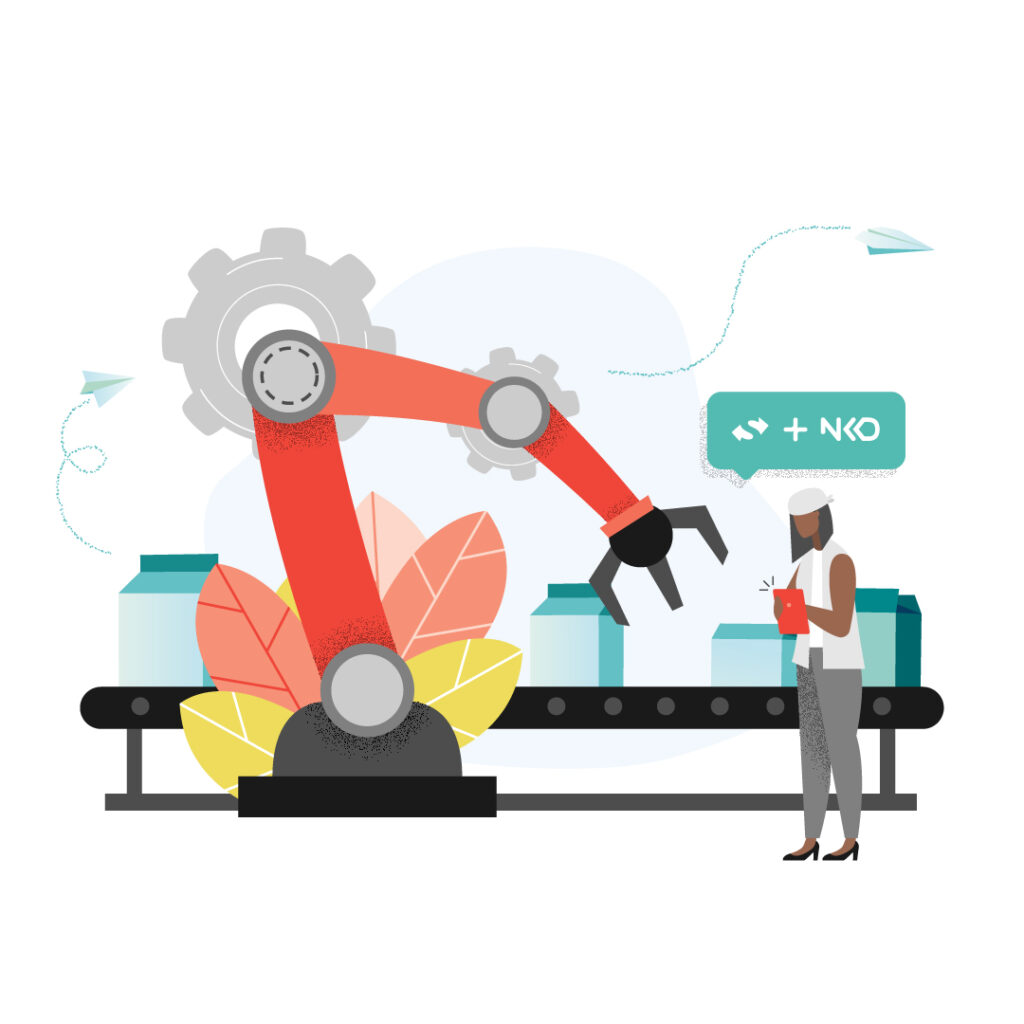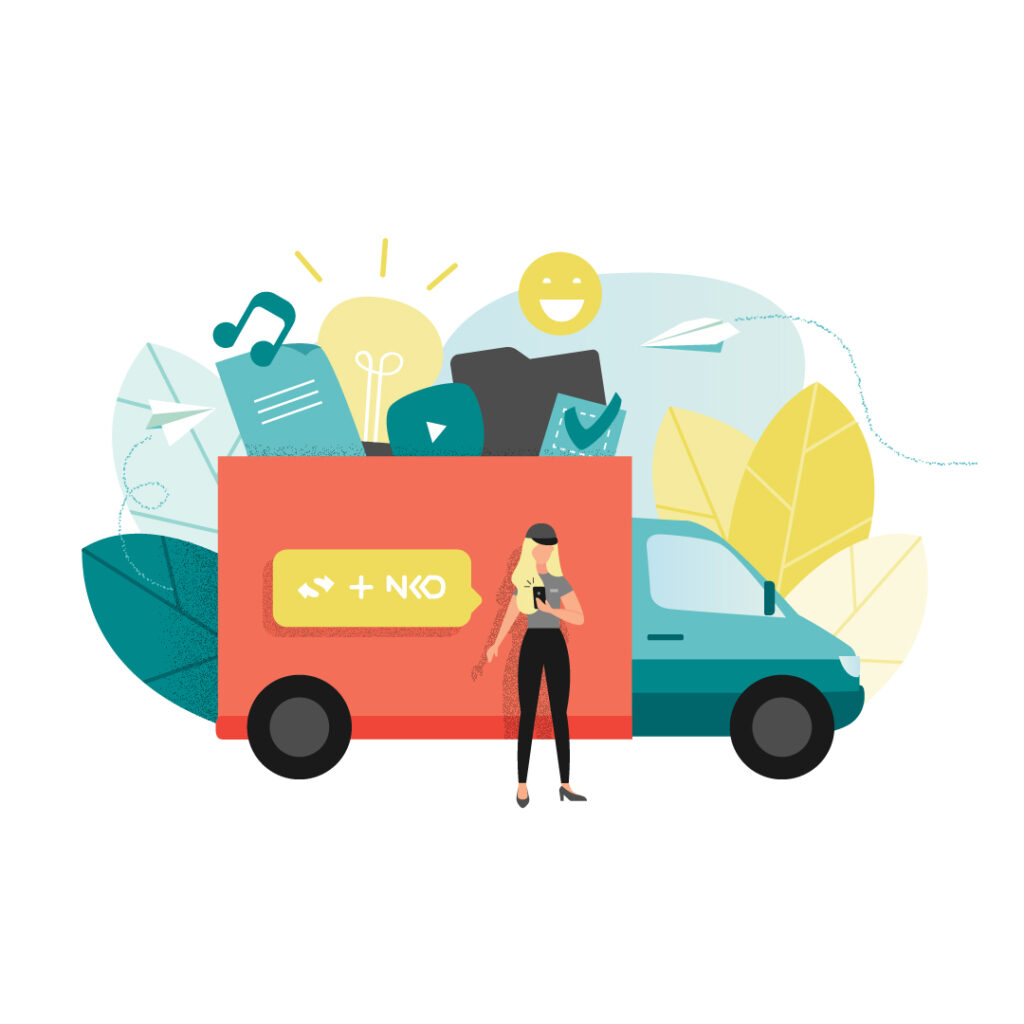Our top 3 takeaways: Learning in 2020 and beyond
On Tuesday 15th September, NKD joined forces with Storyshare, a learning experience platform, to bring you a fully interactive 90 minute session. With 2 breakout sessions and 2 polls, the audience were fully engaged giving their opinions and feedback on what the future holds for learning in 2020 and beyond.
Our hosts, David Colgate, Content and Innovation director at NKD, and Rob Dumbleton, CEO of StoryShare brought their insights, stories, and expertise with them to share with the group. This blog summarises some of the highlights from the session which you can use for your own organisation.
“Learning being the painkiller and not the vitamin”
1. The Learning Paradox
In a year full of unexpected events, Covid-19 has been the catalyst for change in the speed, process, and relationship of learning at work. With 94% of people saying they would stay longer at a company that invested in their learning and development, it is fundamental that organisations have the learning culture it needs, and to help individuals to thrive in the future.
2. What is a next-generation learner?
A next-generation learner is someone who wants to learn, they learn on purpose to develop, grow and benefit from opportunities that are open to them.
There are 3 Mindsets of next-generation learners, these being; Explorer – Curiosity and openness to new ideas, athlete – thrives on feedback and is dependent on training, and lastly is teacher – the one to share and help others. A next-generation learner also has 5 skills which are: Plan – to set goals, focus – manage distractions, practice – test, reflect – self assess, and lastly participate – to learn together.

In one of the breakout sessions during the webinar, David asked the group to build a profile of a highly skilled learner of the future. What is their mindset and skills? What do they think, feel, do? And how can businesses support them? Each group had great feedback that highlighted that it is important for learners to be proactive, have a growth mindset and be adaptive, and many more.
With the next-generation learning having these skills and mindsets, it’s now about how the organisation can help them thrive. David mentioned that there are 3 key ways of how they could do that, these being: Leaders acting as advocates and allies, learners becoming teachers and sharing their knowledge with others, and lastly is the learning and development focus on access, experience and impact of their learning.
3. What does Learning in the flow of work (FLO) mean to you and / or your business?
In order for learning to happen seamlessly and to promote the mindset of a next-generation learner, learning needs to happen in the flow of work. FLO is all about getting your content into the locations your people live, such as Microsoft Teams and Salesforce, but it is also needed in the physical environment with machinery and equipment. When asked to the group what FLO meant to them, the responses were: having learning at the point of need, making it part of your everyday life and sharing and learning from others.

This led onto our second breakout session, which was around “Where is FLO happening today? And if you had a magic wand, what examples of FLO would you put in place?”. Most participants currently do not see FLO happening in their workplace, reasons being some training takes weeks/months to complete, and everyone has the content but it’s currently too broad and scattered. The unanimous outcome from the group was that FLO would change the mindset and behaviour of an individual when it comes to learning.
We also ran a poll to ask the group what is stopping them today from enabling FLO? The highest response was knowing where their people are, and what platforms they use.
Follow this link to watch the recording of the session.
In conclusion, the future of learning revolves around the willingness of the organisation to adopt a FLO mindset, but also giving the next-generation learners the platforms to thrive. Moving the conversation from competitions and usage to thinking about engagement, impact and the change that learning can evoke, proving your learning has value.
Don’t leave learning in the basement
